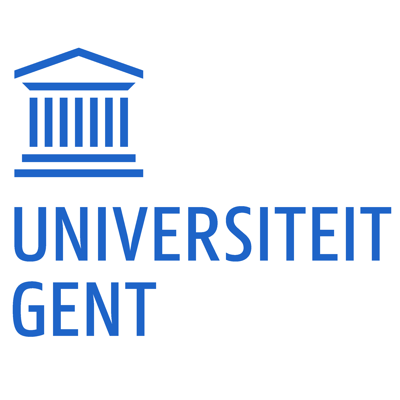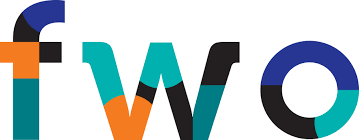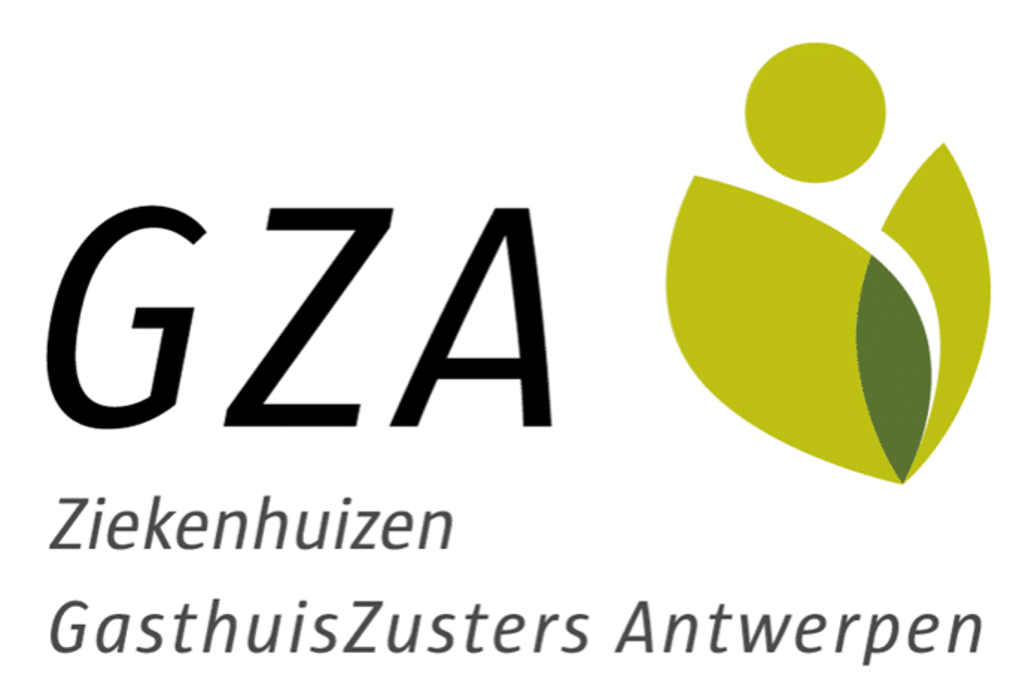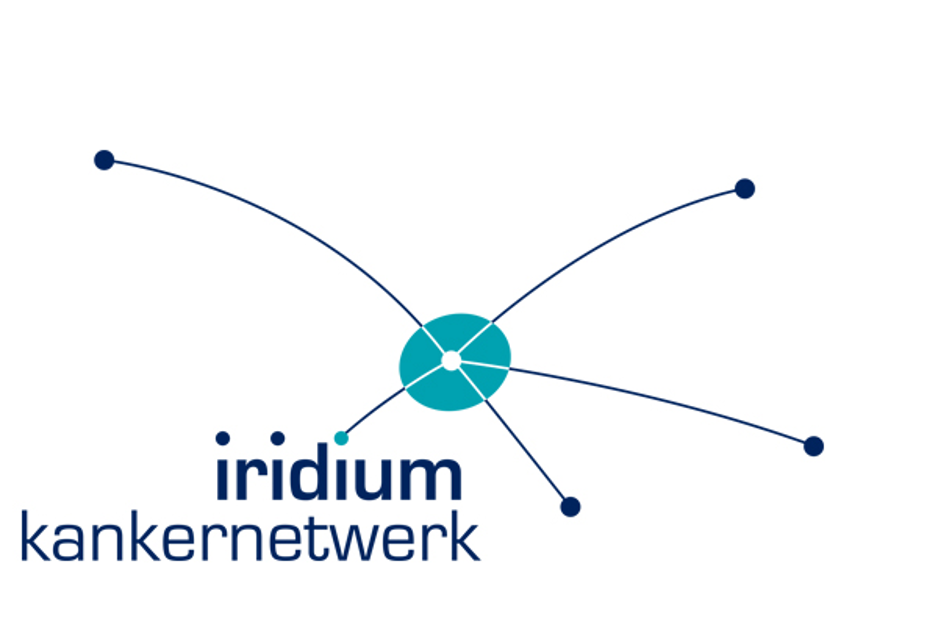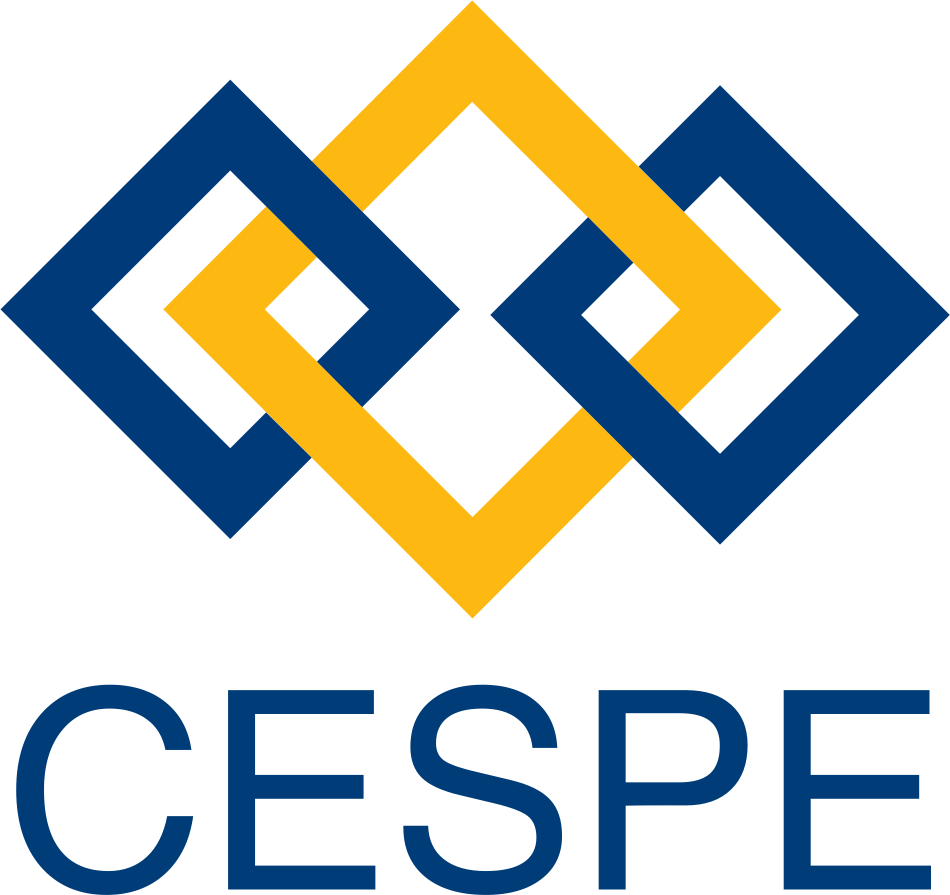
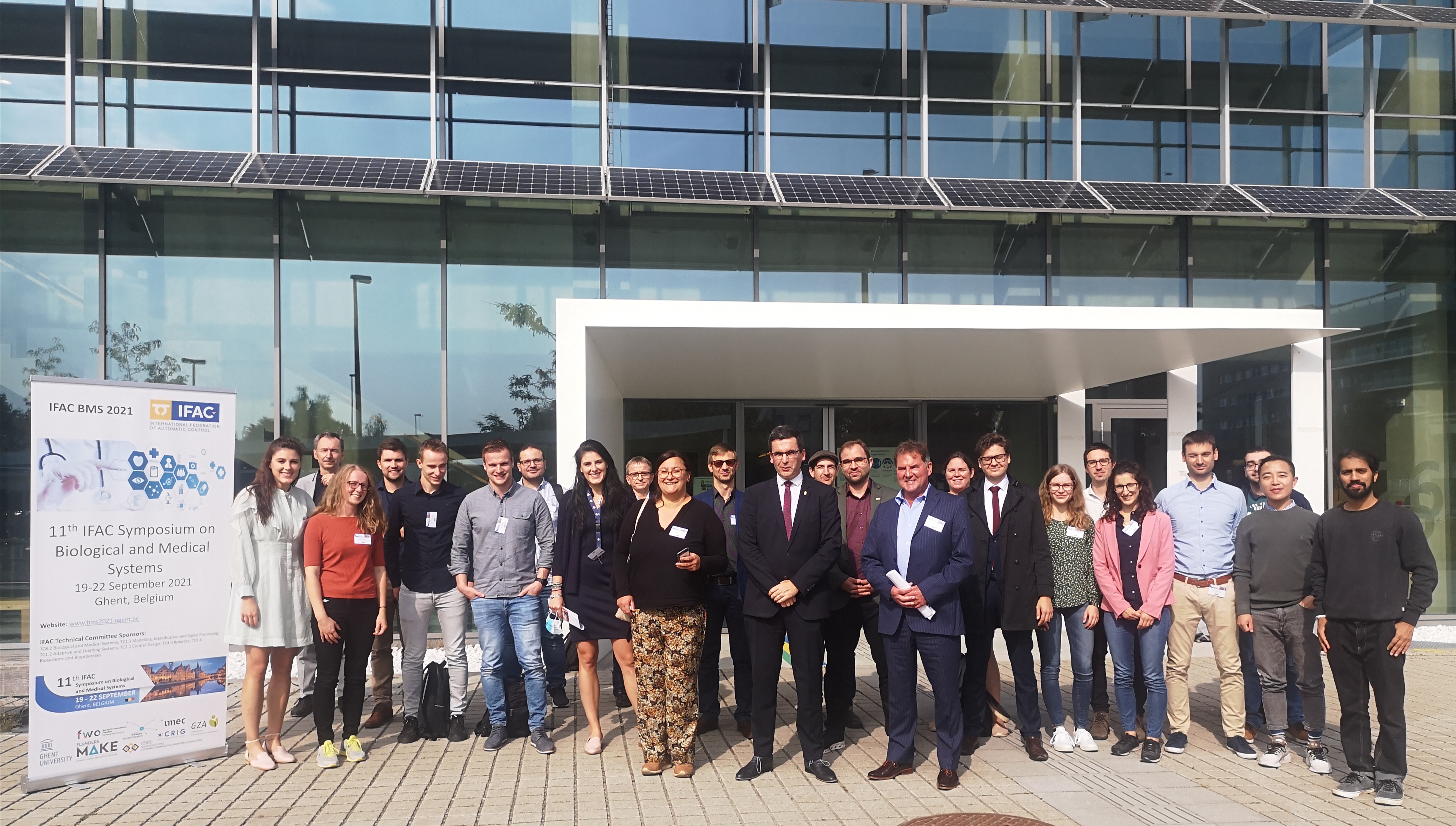





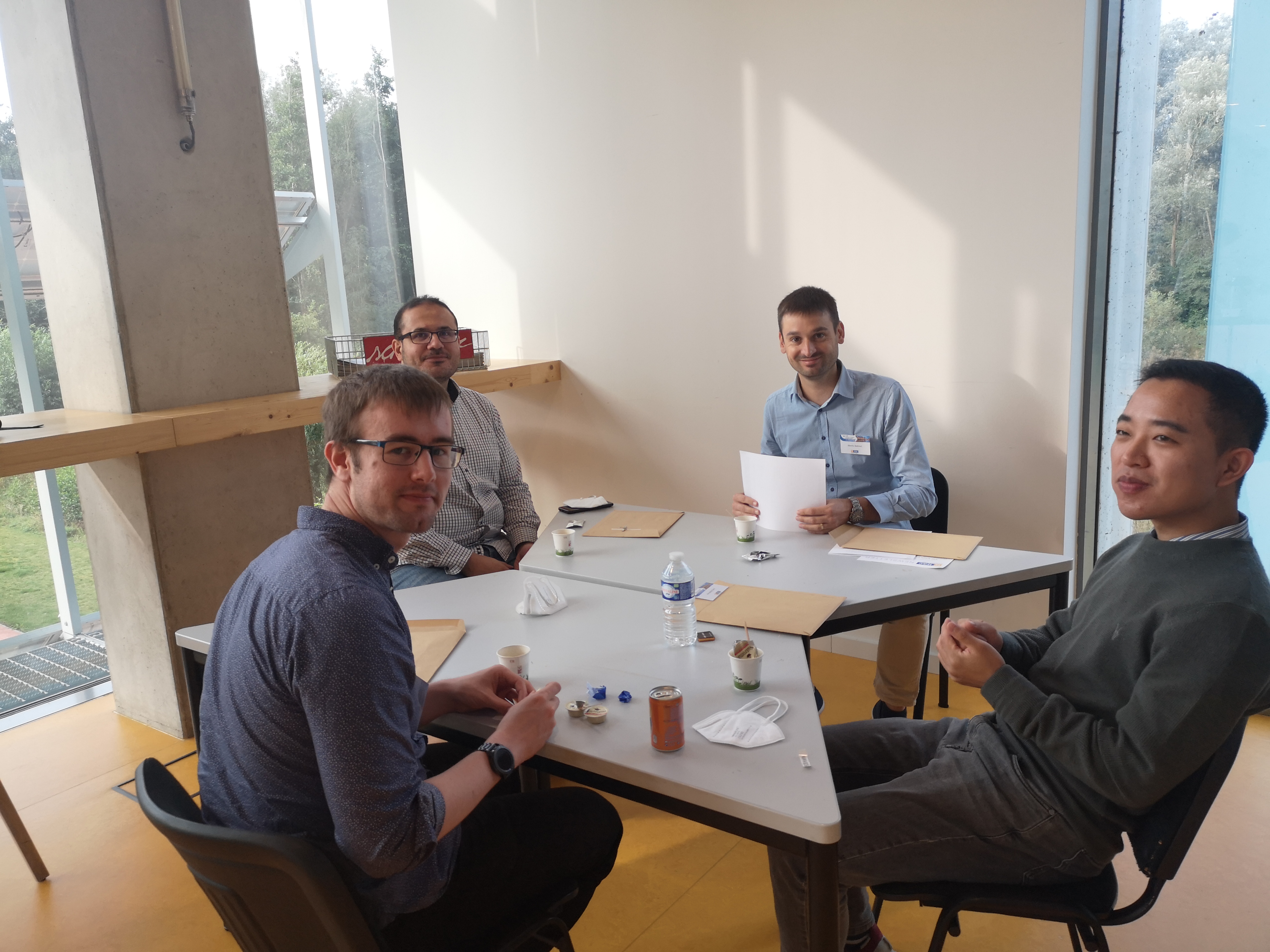 Young Author Award Winner
Young Author Award Winner Jack Abraham Wilkie Paper: Stripping Torque Model for Bone Screws
Benchmark Challenge Winner
Michele Schiavo Paper: Optimized PID Controller for Propofol and Remifentanil Coadministration: Influence of Opioid-Hypnotic Balance
BMS2021 is a Hybrid Event with both on-site and online presentations/activities. Last call for papers can be downloaded here Call for Papers - PDF version
Conference proceedings will appear in IFAC-PapersOnline, indexed in WoS and Scopus.
We are living in challenging, yet sensational and inspiring times. No doubt the year ahead is going to change the view we have on our lives and that on our environment. More than ever medical and biological systems stay at the core of our societal and economical challenges. No longer these can progress without the interdisciplinarity among them, and progress itself cannot be enabled without the inter-modularity with engineering and computing. Healthcare systems, biological systems, pharmaceutical systems and everything stemming from these are welcomed topics to our 11th IFAC Symposium on Biological and Medical Systems (BMS2021), organized in Ghent, Belgium, through 19-22 September 2021.
BMS2021 features three main themes to provide latest
results in context of personalized medicine and personalized
medication production processes:
- drug delivery systems: includes modelling, control,
analysis and pharmacological studies, medical
devices, clinical trial results;
- combined cancer therapy: includes nanomedicine,
radiation, immunology, stem cells, modelling and
control, medical devices and robotics, clinical trial
results;
- pharmaceutical processes: includes process
modelling, process control, bio-chemical process
optimization, instrumentation.
Experimental, clinical and feasibility studies are particularly
welcome contributions. The symposium covers all aspects of
biomedicine, physiology, biology, pharmaceutical and
epidemiological problems interconnected through
multidisciplinarity with systems engineering.
The technical program will comprise several types of
presentations in regular and invited sessions, tutorial
sessions, and special sessions along with workshops and
exhibits. An important goal of the conference is to emphasize
the enabling role of engineering and control in the emerging
Pharma 4.0 context and listen to the challenges from both
industry and academia.
The symposium will address the latest progress and
challenges posed in all themes of technical committees:
- model formulation, experiment design, identification and
validation, biosignal analysis and interpretation,
- advances in sensing and signal processing,
- tracer kinetic modelling from imaging systems,
- biomedical system modelling, simulation and
visualization,
- decision support systems and feedback control
- robotics, devices and sensors,
- biological systems and controls, etc.
- pharmaceutical processes,
- on demand product manufacturing and quality control,
- artificial intelligence for decision support systems,
- bionic engineering and biomaterials.
Application areas may include, but not limited to:
- cellular, metabolic, cardiovascular, neuro-systems,
- healthcare management and delivery, disease control,
critical care,
- pharmacokinetics and drug delivery,
- decision support systems for the control of physiological
and clinical variables,
- biomedical imaging systems,
- intensive and chronic therapy,
- medical information systems,
- surgical robotics and medical nano-robotics,
- control of voluntary movements, respiration, locomotion,
- rehabilitation engineering including rehabilitation
robotics,
- kinetic modelling and control of biological systems,
artificial organs and biomechanical systems,
- quantification of physiological parameters for diagnosis
assessment,
- production optimization in pharmaceutical industry
- pharmaceutical product on demand, design,
- manufacturing and quality assessment,
- targeted molecular therapies,
- artificial intelligence support in diagnosis and decision
making systems.
Important dates:
| submission opens (regular papers, invited papers): | October 1, 2020 | ||
| submission opens for OIT (open invited track) proposals: | October 1, 2020 | ||
| OIT proposal deadline: | January 6, 2021 | ||
| registration site opens: | March 31, 2021 | ||
| draft paper submission deadline: | May 30, 2021 | ||
| final paper submission deadline: | July 30, 2021 |
More information about the IFAC activities can be found here
